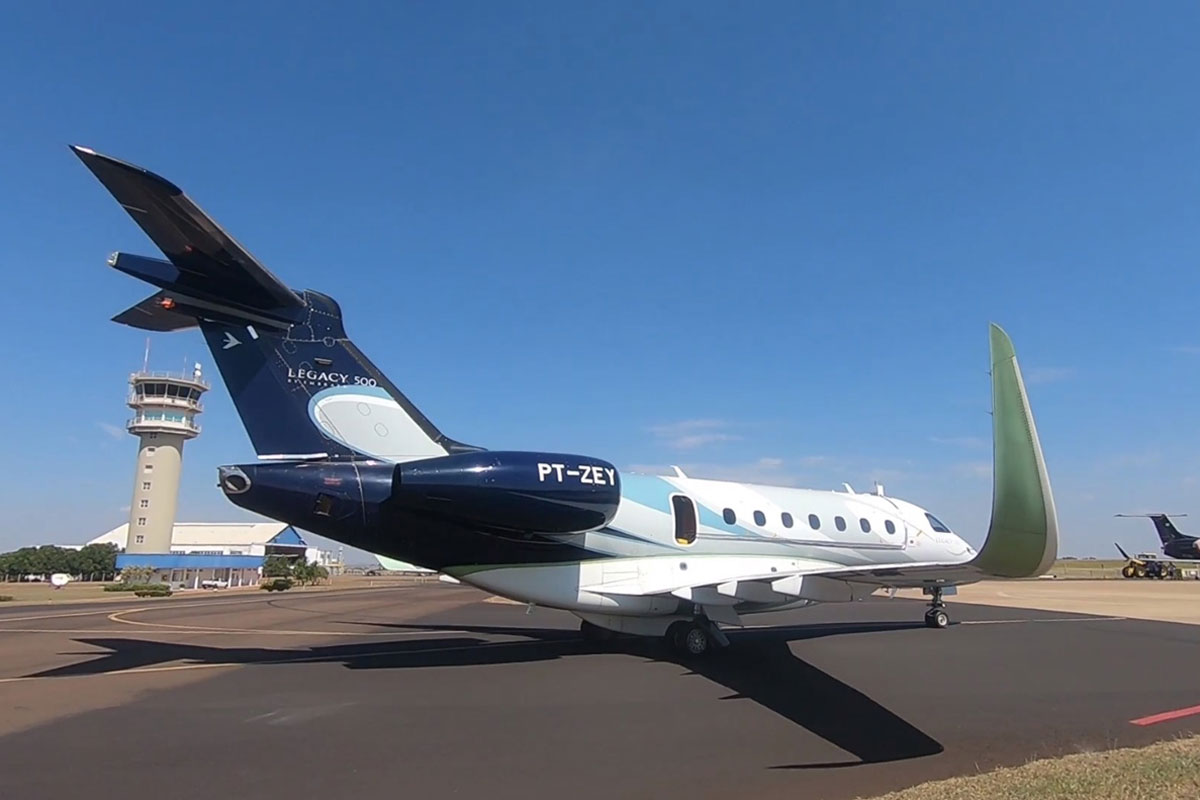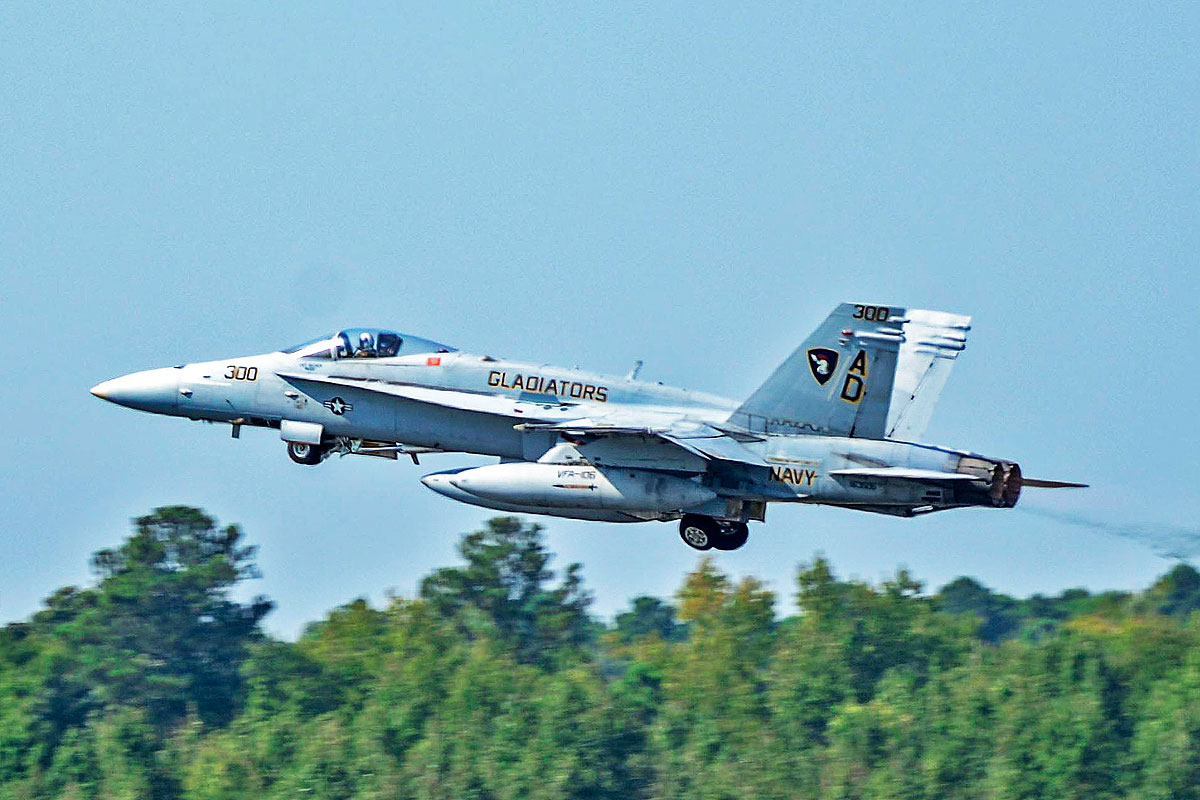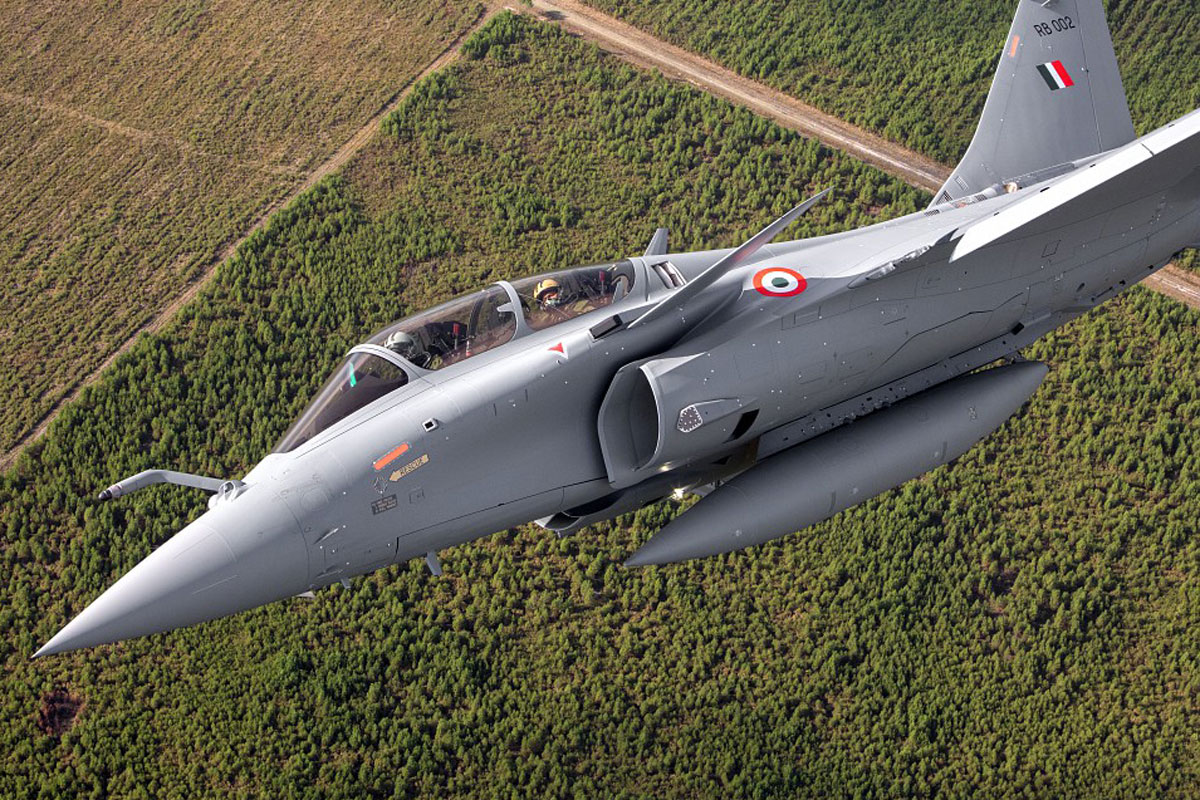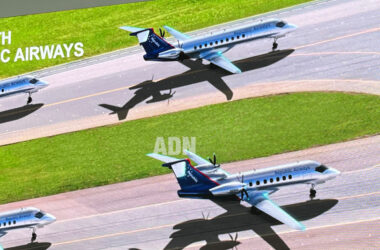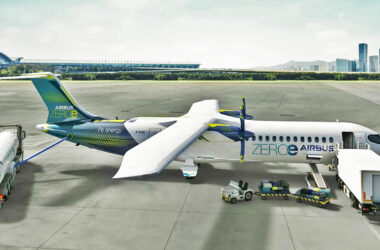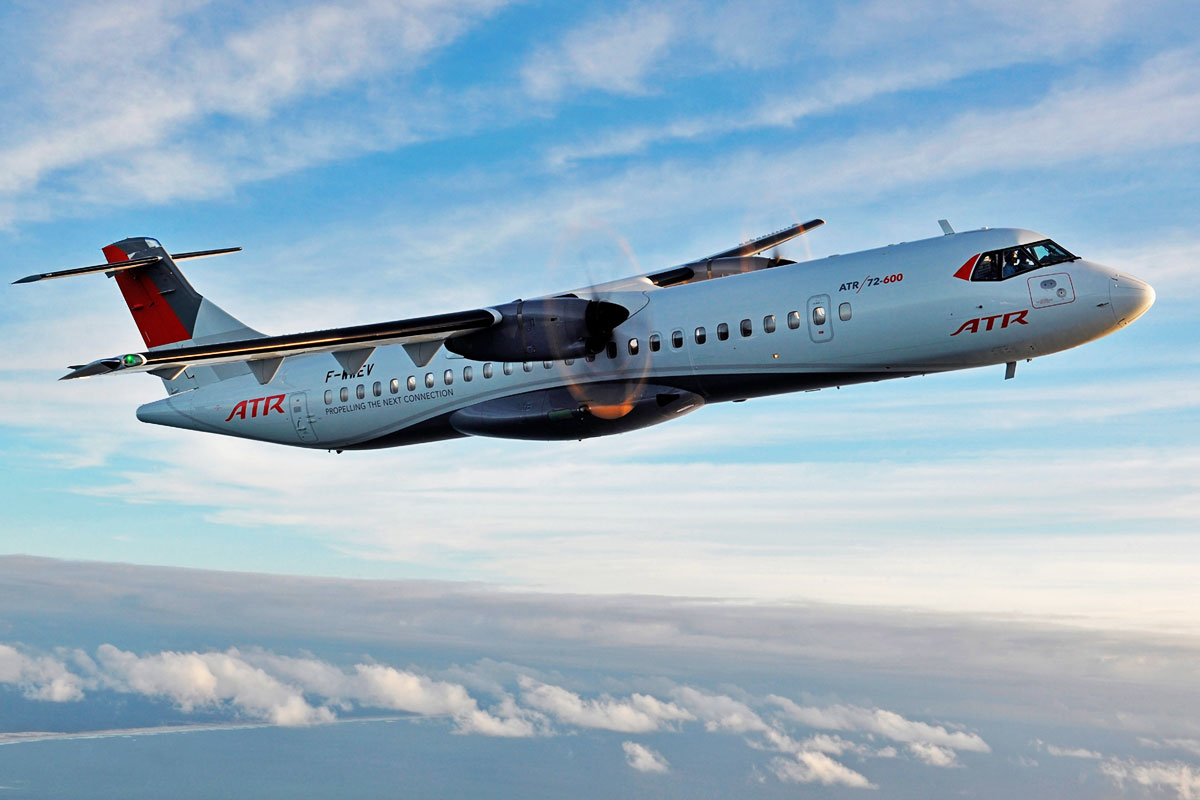Embraer, in partnership with a Brazilian university, performed the first taxi operation without human interference. The test was conducted with a prototype based on the Legacy 500 and Praetor 600 business jet platform in August.
The aircraft equipped with a set of navigation systems and sensors rolled for a course previously set by the runway, the test area completely independently at the Embraer unit in Gavião Peixoto. A pilot followed the operation of the cabin if there were any problems, the manufacturer said.
Over the past six months, researchers from Embraer and Ufes University have worked together to develop the resources and technologies needed for the project. The work list included the development of artificial intelligence software, hardware and the sensor kit with laser, GPS and cameras, as well as the integration of systems into the aircraft. Before taking the prototype to the runway, the autonomous ground navigation system was tested on a flight simulator.
“Our strategy for technology development in autonomous systems seeks to position the country at the forefront of artificial intelligence processes in a variety of applications,” said Daniel Moczydlower, Embraer’s Executive Vice President of Engineering and Technology. “Achieving this technological milestone in Embraer’s 50th anniversary month demonstrates not only the importance of bringing industry closer to the university, but also how prepared and engaged our people are for the journey of excellence needed for the coming decades.”
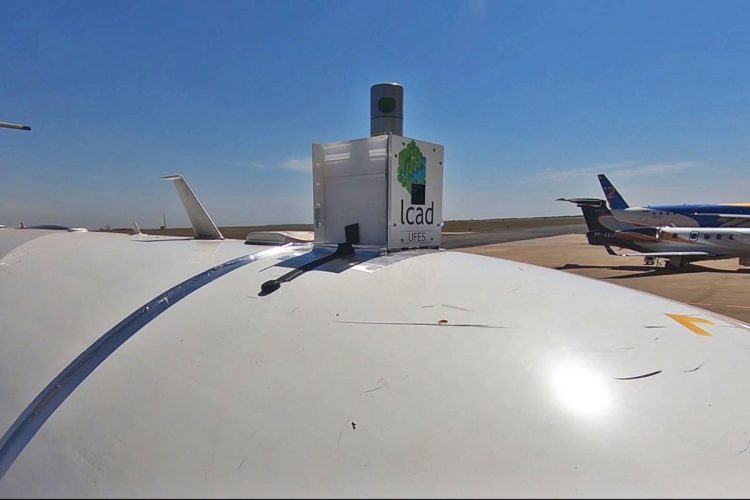
As Embraer explains, artificial intelligence monitored the external and internal conditions of the aircraft, acting independently on the acceleration, steering and braking commands, and accurately performed movement along the indicated path. One of the features in the prototype autonomous system is Intelligent Autonomous Robotic Automobile (IARA), the result of a research in the area of autonomous cars that began in 2009 at the Ufes High Performance Computing Laboratory (LCAD).
“This success demonstrates the excellence of what we have been developing at Ufes in the last 10 years in the areas of autonomous vehicles and artificial intelligence. He puts us once again at the forefront of science in these areas worldwide. Doing all this in partnership with Embraer fills us with pride and satisfaction, ”said Alberto Ferreira de Souza, project coordinator.


